Spinal kyphosis refers to an abnormal, forward-rounding curve of the back, colloquially referred to as hunchback.
At Vitalis Physiotherapy, we specialise in kyphosis treatment to:
Spinal kyphosis refers to an abnormal, forward-rounding curve of the back, colloquially referred to as hunchback.
At Vitalis Physiotherapy, we specialise in kyphosis treatment to:
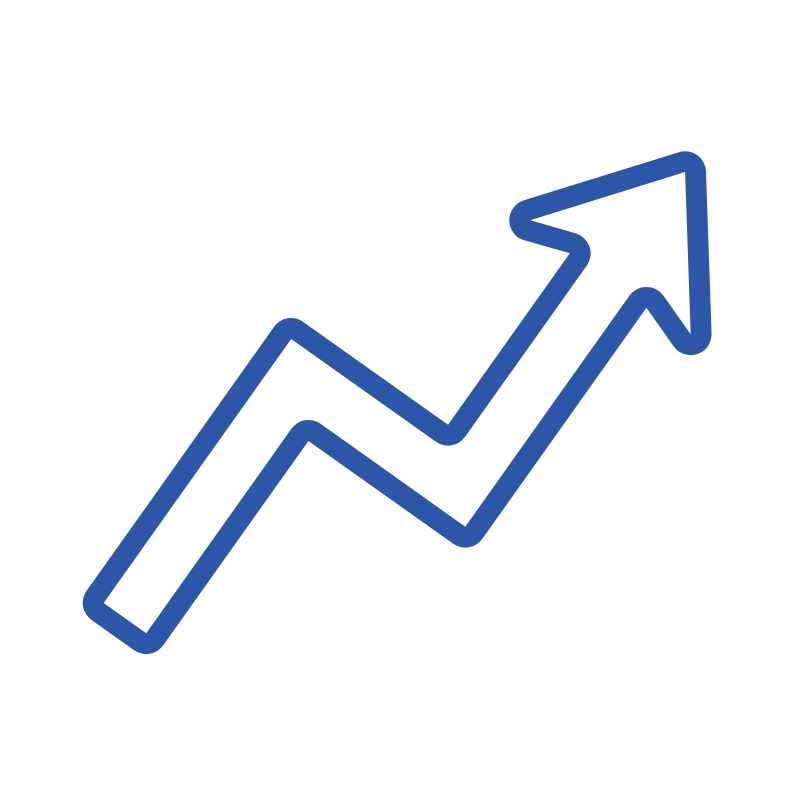

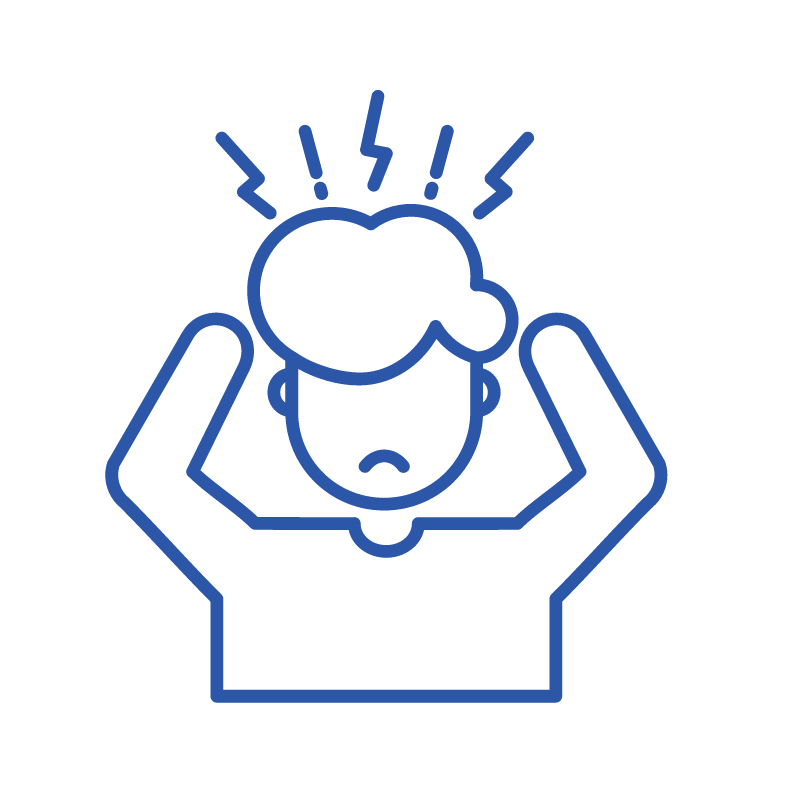
Spinal kyphosis is a broad term referring to an exaggerated forward curve of the upper vertebrae. This can give a ‘hunchback’ appearance and is considered a spinal deformity. Typically, a normal spine can bend between 20 and 45 degrees of curvature, however kyphosis is determined by curvature over 50 degrees. The medical term for this curvature is actually hyperkyphosis, though kyphosis is most commonly used in lieu.
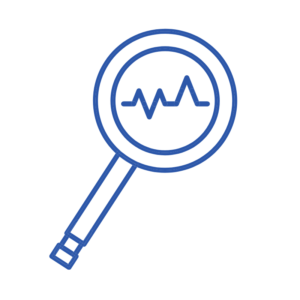
The main types of spinal kyphosis include:
Females are more likely to develop kyphosis than males, and diagnosis can vary depending on age. Some common causes of kyphosis include:
Differential diagnoses of Scheuermann’s Disease, vertebral fractures, disc disease, infections, tumour, osteoporosis, etc., can mimic or cause kyphotic (hunched) symptoms.

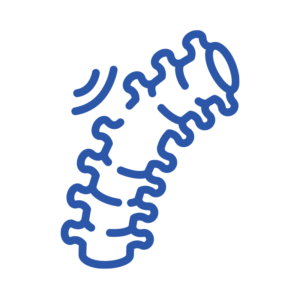
As the type, cause and symptoms of kyphosis vary, it is important to see a medical professional if you notice any signs of the condition. You may be referred for scans to detect and accurately determine diagnosis. Typically, severe kyphosis cannot be surgically corrected, however physical therapy can greatly improve the degree of curvature and reduce symptoms.
At Vitalis Physiotherapy, we tailor a unique treatment plan to aid in your recovery through:
Your physiotherapist may also advise heat or ice application, rest and if necessary, pain medication. Additionally, they might recommend for you to use neck or back support (braces), or a suitable pillow.
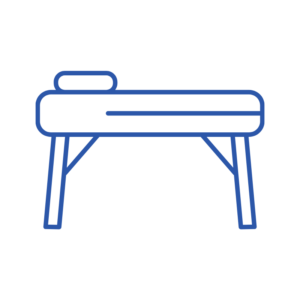
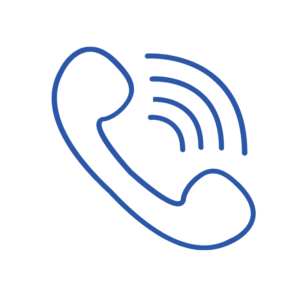
If you have spinal kyphosis, or you’re looking for a ‘physio near me’, our physios at Vitalis Physiotherapy can assess your condition to tailor a unique rehabilitation plan to aid in your pain relief and recovery.
All you need to do is just give us a call on 0410 559 856 and request an initial appointment. Please let our friendly reception staff know the background and severity of your condition.
You can visit our FAQs for more information about appointments at Vitalis Physiotherapy.
Are you in pain caused by spinal kyphosis? Contact Vitalis Physiotherapy now to book in your treatment.
Call our friendly team on 0410 559 856. We’d love to help.
3/58 Oldfield Road, Sinnamon Park Qld 4073